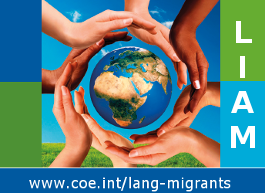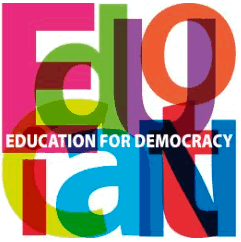The Council of Europe has developed a set of tools to support member states in their efforts to respond to the challenges faced by those who are providing language support to children arriving from Ukraine as the children adjust to their new environment and their new schools. Some of these tools have been written recently with this purpose in mind. Others are adapted from the Toolkit for adults which was developed as part of the Council of Europe’s Linguistic Integration of Adult Migrants (LIAM) project, This is available on this website.
These tools have been created and selected as being especially useful in the early stages of language support with newly arriving refugee children. They are designed to assist organisations, teachers and volunteers who are providing language support for refugee children arriving from Ukraine with no knowledge, or very little knowledge, of the language of the new country. These nine tools have now also been translated into the languages of the neighbouring countries receiving the largest numbers of fugitives from the war in Ukraine: Hungarian, Polish, Romanian, Slovak/Czech.

